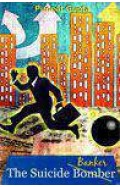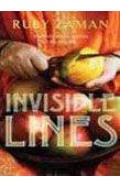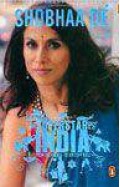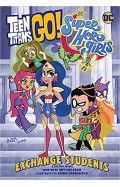Many Summers Apart
By: Khalil Ur Rahman Azmi
-
Rs 1,255.50
- Rs 1,395.00
- 10%
You save Rs 139.50.
Due to constant currency fluctuation, prices are subject to change with or without notice.
nspires us towards changing the faith and destinies of human beings through the power of the written word
– Javed Akhtar
an artistic testimony of modern progressive human history which both critiques and celebrates the process like in no other nation and no other language.
– Muzaffar Ali
will widen the horizons of non Urdu readers as well
– Shamsur Rahman Faruqi
a book of monumental merit
– Shamim Hanafi
a dynamic encyclopaedic work without which no account of progressives can be written in the future.
– Gopi Chand Narang
The progressive movement in literature started with the Urdu language and over the span of more than three decades, spread its ideology to other languages of the country. The writers and poets who embraced this ideology became a potential force on the social, political and literary canvas of India.
The original version of this book, Urdu Mein Taraqqui Pasand Adabi Tehreek, written by Dr Khalil Ur Rahman Azmi—one of the most prominent figures in the modern literary critique of Urdu writings—was first published in 1972. It paved the way for a brand new progressive world view and received widespread acclaim and appreciation. It is still relevant and scholars and those interested in progressive writings and literature continue to consult it.
This trans creation makes the story of this vibrant period of Urdu accessible to all. It features the most influential progressive Urdu writers from different genres like prose, short story, novel, poetry, humour, satire as well as literary critique and includes works by eminent literary stalwarts of the time including Sajjad Zaheer, Munshi Premchand, Ismat Chughtai, Saadat Hasan Manto, Faiz Ahmad Faiz, Kaifi Azmi, Sahir Ludhianvi, Sardar Jafri to name just a few.
In this remarkable volume that consists of the most lustrous gems from the canon of Urdu literature, readers will be able to experience and appreciate the depth and range of writings that helped shape a nation.
nspires us towards changing the faith and destinies of human beings through the power of the written word
– Javed Akhtar
an artistic testimony of modern progressive human history which both critiques and celebrates the process like in no other nation and no other language.
– Muzaffar Ali
will widen the horizons of non Urdu readers as well
– Shamsur Rahman Faruqi
a book of monumental merit
– Shamim Hanafi
a dynamic encyclopaedic work without which no account of progressives can be written in the future.
– Gopi Chand Narang
The progressive movement in literature started with the Urdu language and over the span of more than three decades, spread its ideology to other languages of the country. The writers and poets who embraced this ideology became a potential force on the social, political and literary canvas of India.
The original version of this book, Urdu Mein Taraqqui Pasand Adabi Tehreek, written by Dr Khalil Ur Rahman Azmi—one of the most prominent figures in the modern literary critique of Urdu writings—was first published in 1972. It paved the way for a brand new progressive world view and received widespread acclaim and appreciation. It is still relevant and scholars and those interested in progressive writings and literature continue to consult it.
This trans creation makes the story of this vibrant period of Urdu accessible to all. It features the most influential progressive Urdu writers from different genres like prose, short story, novel, poetry, humour, satire as well as literary critique and includes works by eminent literary stalwarts of the time including Sajjad Zaheer, Munshi Premchand, Ismat Chughtai, Saadat Hasan Manto, Faiz Ahmad Faiz, Kaifi Azmi, Sahir Ludhianvi, Sardar Jafri to name just a few.
In this remarkable volume that consists of the most lustrous gems from the canon of Urdu literature, readers will be able to experience and appreciate the depth and range of writings that helped shape a nation.
Zubin Mehta: A Musical Journey (An Authorized Biography)
By: VOID - Bakhtiar K. Dadabhoy
Rs 630.00 Rs 1,050.00 Ex Tax :Rs 630.00
Manning Up: How the Rise of Women Has Turned Men into Boys
By: Kay Hymowitz
Rs 796.00 Rs 995.00 Ex Tax :Rs 796.00
No similar books from this author available at the moment.
Teen Titans Go!/DC Super Hero Girls: Exchange Students!
By: Amy Wolfram
Rs 2,396.00 Rs 2,995.00 Ex Tax :Rs 2,396.00
Zubin Mehta: A Musical Journey (An Authorized Biography)
By: VOID - Bakhtiar K. Dadabhoy
Rs 630.00 Rs 1,050.00 Ex Tax :Rs 630.00












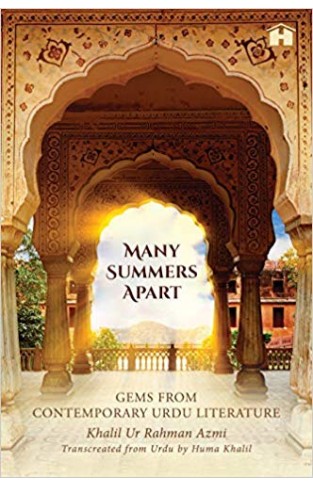
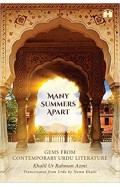
-120x187.jpg?q6)










